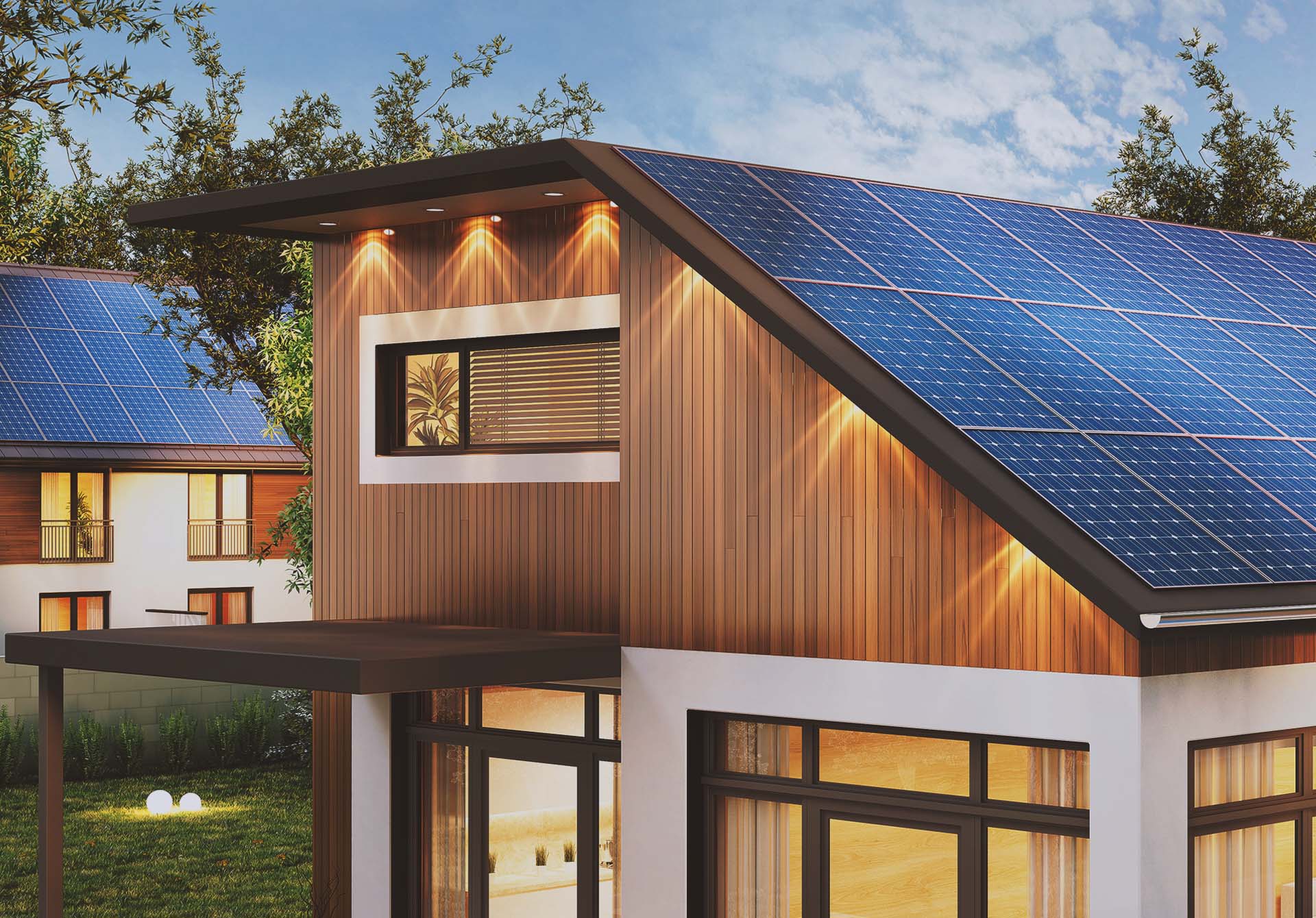If you’re considering installing rooftop solar panels, there are a lot of factors to consider before making the investment. Solar panels can provide significant long-term cost savings and environmental benefits, but it’s important to take the time to evaluate your energy needs, the condition of your roof, and available financing options before committing to a solar installation.
Here are 15 things to consider before installing rooftop solar panels:
Evaluate your energy needs:
Before installing solar panels, it’s important to evaluate your energy needs to determine how much power you’ll need to generate. Consider your current energy usage, as well as any changes you anticipate in the future.
Determine your roof’s solar potential:

Your roof orientation and shading can affect the amount of sunlight your roof solar panels will receive. Ideally, your roof should be facing south and not be obstructed by trees or buildings.
Check the condition of your roof:
Solar panels can last for 25-30 years, so it’s important to evaluate the condition of your roof before installing solar panels. If your roof is in poor condition or nearing the end of its lifespan, it may need to be repaired or replaced before solar panels are installed.
Check for any zoning or neighborhood restrictions:
Some neighborhoods or homeowner associations may have restrictions on the installation of solar panels. Check with your local government and homeowners association before installing solar panels.
Evaluate your available financing options:
Solar panel installations can be expensive, but there are a variety of financing options available. Research options like solar leases, power purchase agreements, and traditional loans to find the right financing option for you.
Determine how much energy you want to generate:
Solar panels come in a variety of sizes and output capacities. Determine how much energy you want to generate to ensure you select the right size and number of panels for your needs.
Research local solar incentives:
Depending on where you live, there may be incentives available to help offset the cost of installing solar panels. Research local and federal incentives to help reduce your costs.
Evaluate potential savings:
Installing solar panels can provide significant cost savings over time, but it’s important to evaluate your potential savings based on your energy usage, the size of your system, and available incentives.
Choose a reputable installer:
Choosing a reputable and experienced installer is critical to ensuring that your solar panel installation is designed and installed correctly. Research potential installers, ask for references, and read reviews before making a decision.
Consider the quality of the solar panels:
The quality of the solar panels you choose can affect their performance and lifespan. Research different brands and models to ensure you select high-quality panels.
Determine your home’s energy efficiency:
Improving your home’s energy efficiency can help maximize the benefits of your solar panel installation. Consider implementing energy-efficient upgrades like insulation, weather-stripping, and energy-efficient appliances.
Determine maintenance needs:
Solar panels require little maintenance, but they do need to be cleaned periodically. Determine your maintenance needs and factor them into your cost calculations.
Consider the environmental benefits:

Solar panels can help reduce your carbon footprint and support clean energy production. Consider the environmental benefits of installing solar panels as part of your decision-making process.
Evaluate the system warranty:
Solar panel systems come with warranties that cover performance and equipment issues. Evaluate the warranty offered by your installer and solar panel manufacturer to ensure you have sufficient coverage.
Understand the installation process:
The installation process for solar panels typically takes a few days and involves some disruption to your daily routine. Understand what to expect during the installation process to minimize any inconvenience.
By considering these 15 factors before installing rooftop solar panels, you can ensure that you make an informed decision and choose the right system for your energy needs and budget. A reputable installer can also help guide you through the process




More Stories
동탄출장마사지: 지친 일상 속 힐링의 정답
What Is Silver Bullion? How and Where to Buy Silver Bullion and Silver for Sale
수원출장마사지: 바쁜 일상 속 숨통을 틔워주는 힐링의 시간